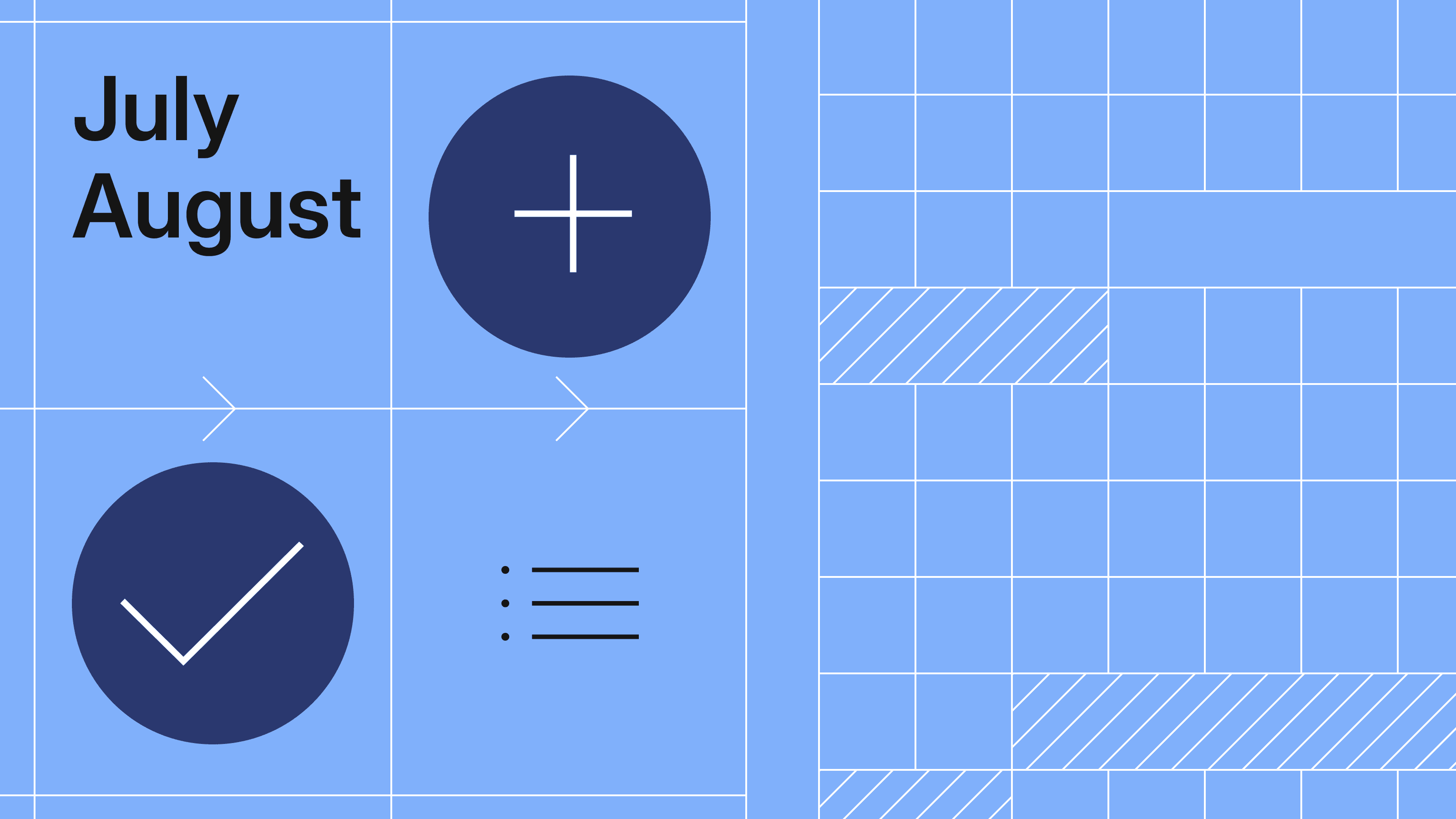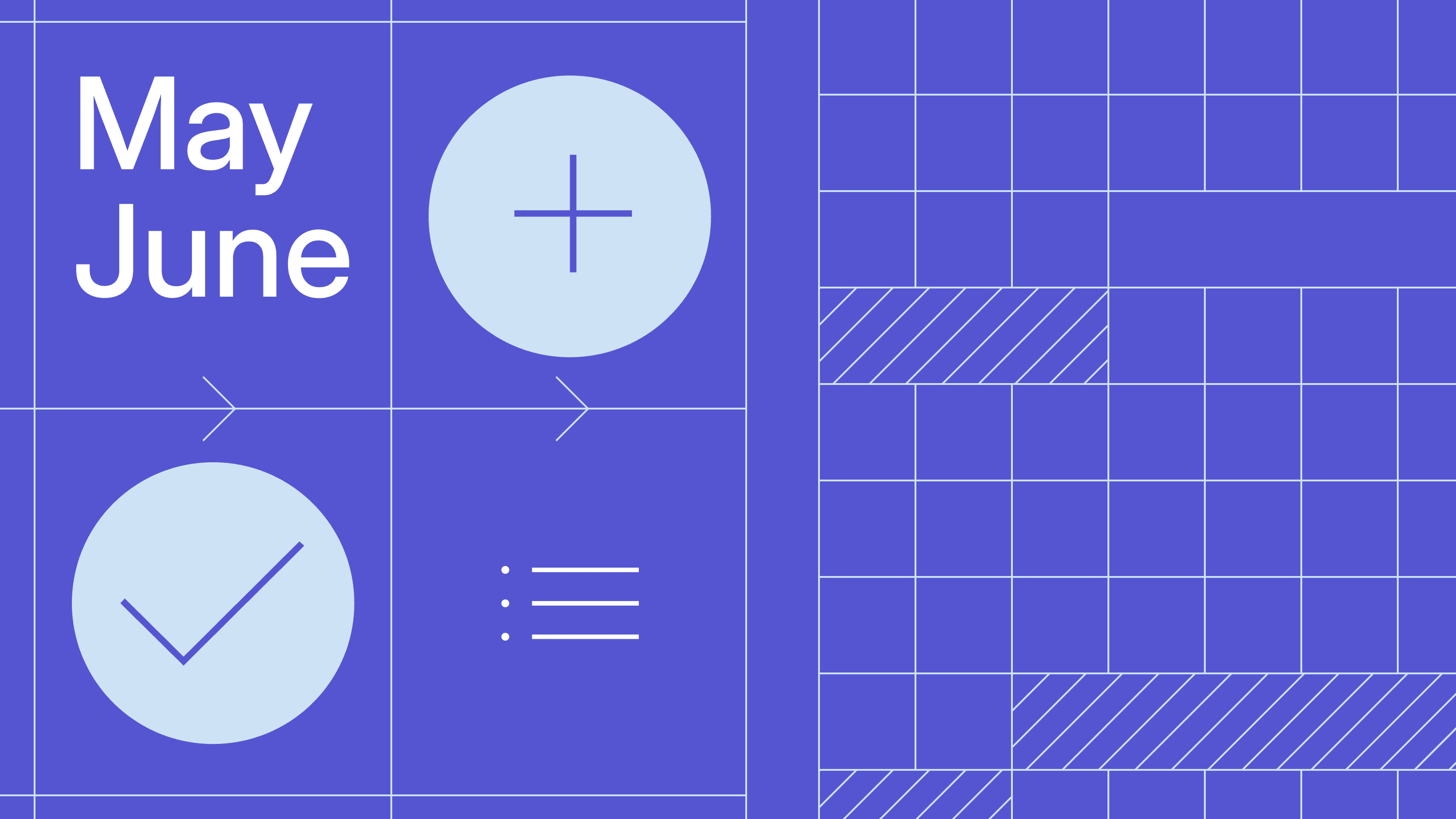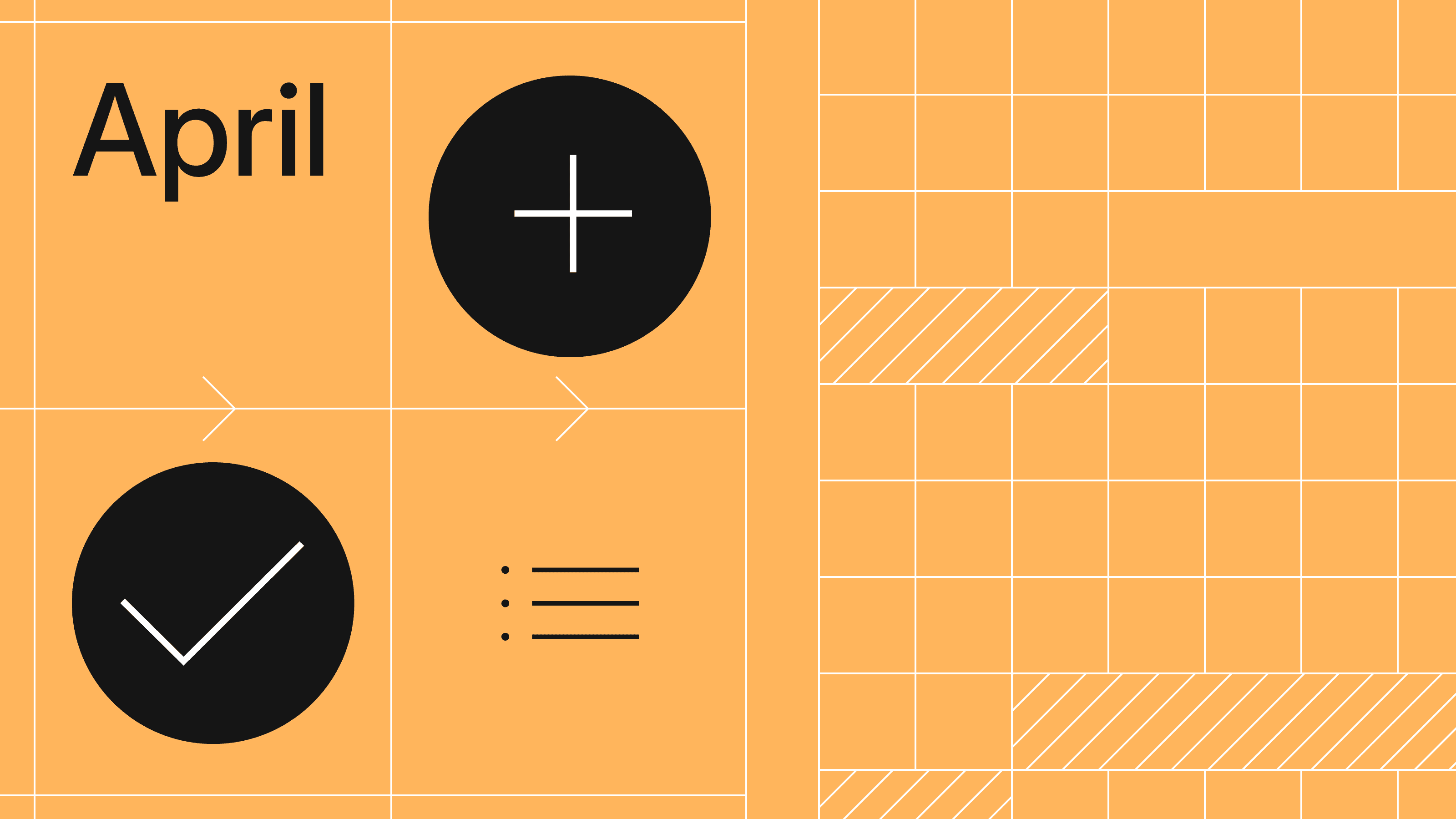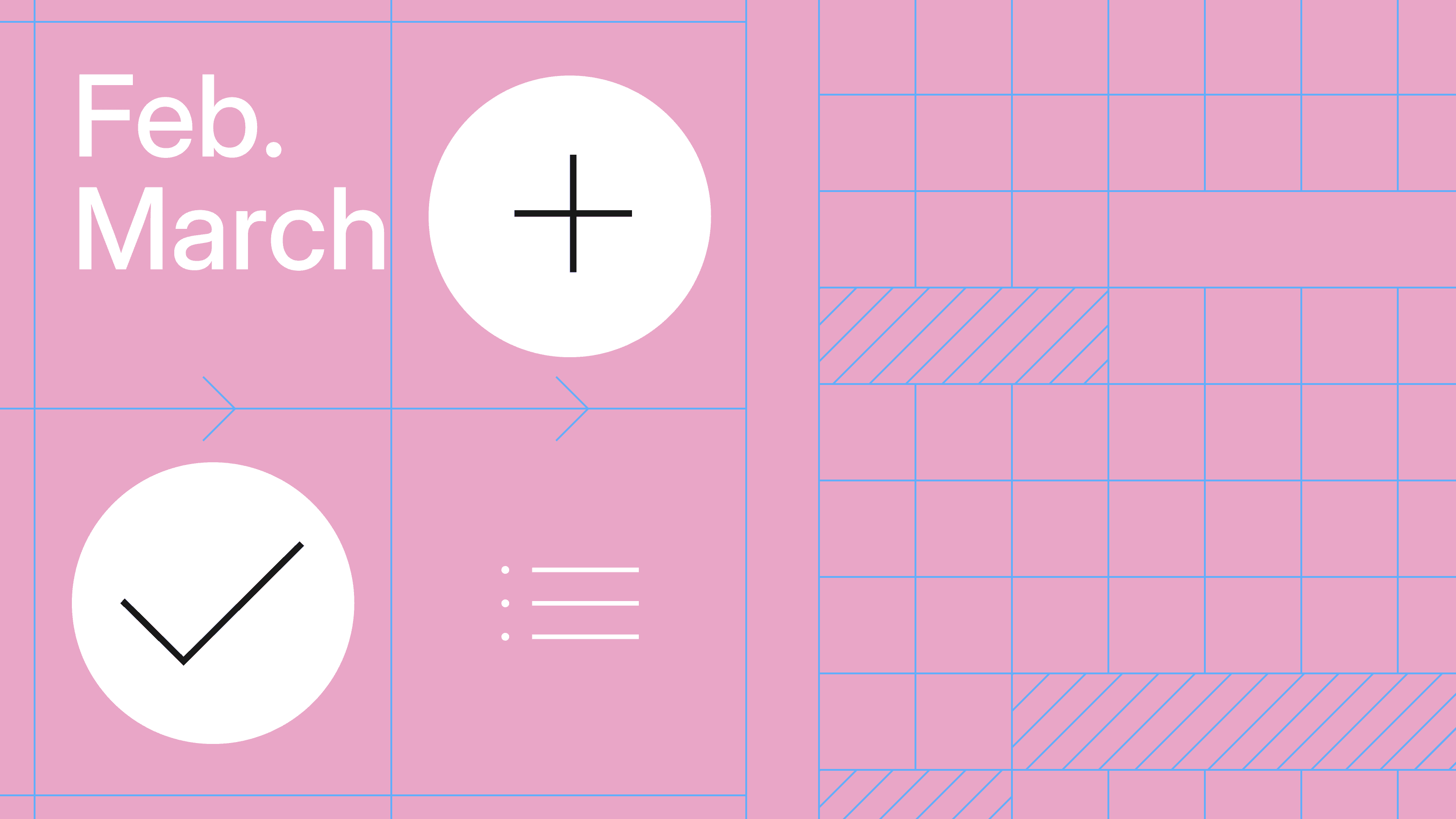Join us at Transfer 2025 to hear how industry leaders are building payments infrastructure for a real-time world.Register Today →
November/December Changelog
In November and December, our product and engineering team shipped several new features including updates to reconciliation, ledgers, UI/UX, and more.

Here is a closer look at the updates and features we shipped in November and December.
Reconciliation: Reconciling Partial and Split Payments
Modern Treasury has enabled partial and split payment reconciliation flows for manual reconciliation. This coverage includes three scenarios:
- One Transaction and one Expected Payment at a time
- One Transaction and many Expected Payments
- Many Transactions and one Expected Payment
Transactions represent the line items in your bank statement, while Expected Payments represent future inflows or outflows of money to be reconciled. This can be helpful when Transactions and Expected Payments do not match exactly, when transactions are part of an installment plan, or when multiple transactions happen at the same time (or in a batch). Learn more here.

Reconciling multiple Transactions to a single Expected Payment
Reconciliation: Create Reconciliation Rules in the UI
Customers can now configure Modern Treasury’s reconciliation engine to automate the reconciliation of non-originated payments (e.g., inbound Wire or ACH) based on their unique payments data and preferences. Especially for customers with a high volume of non-originated payments, this new functionality helps finance teams streamline reconciliation directly from the UI, without engineering support. Learn more here and in our docs here.

Sample custom reconciliation rule. In this example, the user is matching Transactions and Expected Payments based on a specific metadata field (invoice ID).
Approvals: Improvements in Transparency and Conditional Logic
Modern Treasury has enhanced transparency for payment approvals to reveal which rules have been triggered, which roles require approval, the status of approvals, and any blockers to customers approving payment orders. This release has also improved control for customers in multiple roles and those with administrator override privileges. Additionally, with enhanced conditional logic, customers can now create more complex approval rules.

Invoicing: Manual Reconciliation & Fallback Payment Methods
Customers can now easily reconcile an unpaid invoice, with a side-by-side view of their reconciliation page and the Expected Payment association with the invoice. Customers can also select a fallback method for automatic invoice payments that fail, including an embedded UI requesting manual payment.

Fallback method selection for failed automatic invoice payments
Bank Coverage: Global Payments at Citibank
Modern Treasury is now officially live with 20 new currencies at Citibank. This allows customers including Navan to send cross-border, SWIFT wire, and SEPA payments through their Citi accounts to local bank accounts in supported countries. More information is available here.
Bank Coverage: RTP Support at SVB
Customers at SVB can now send RTP payments and use instant microdeposits at Silicon Valley Bank.
Reconciliation: Bank Account Balance Comparison
Customers using both Payments and Ledgers can now link a ledger account to an internal account and view the two balances on the internal account page in the Modern Treasury dashboard. For customers subledgering an FBO or other omnibus account, this allows the ledger account to be reconciled to the bank account balance as statements are received. As payments are created with corresponding ledger transactions, the ledger account balance will reflect the balance of these payments. Learn more here.

A ledger account linked to an internal account for balance reconciliation
Reconciliation: Linking Ledger Account Settlements & Payment Orders
Customers can now link a Settlement and a Payment Order together so that customer accounts can be settled in the ledger and executed via a Modern Treasury payment. After creating a Ledger Account Settlement, pass its corresponding Ledger Transaction ID into a Payment Order creation. This will ensure the Settlement and Ledger Transaction statuses are automatically updated as the Payment Order goes through its lifecycle. Learn more here.
Reconciliation: Ledgering Payment Orders in the Dashboard
When creating a Payment Order in the dashboard, customers can now view a Ledger Transaction prefilled with the appropriate entries. This Ledger Transaction can be edited or created as suggested alongside the Payment Order. The Ledger Transaction will only be prefilled if the bank accounts involved in the payment are linked to Ledger Accounts. Learn more here.

UI: New Dashboard
Customers can now use a new version of our dashboard. This update includes widgets to help customers gain fast insight on cash balances and payments history, as well as easily navigate to other areas of the app.

New dashboard with convenient widgets
UI: Persisted Custom Columns
When using our dashboard, our users can customize which columns are visible when viewing a report. Now, custom columns are persisted so that when a user navigates back to a report or view, the same columns will be visible.
UI: Push to Warehouse Panel
This new UI gives customers visibility into their push to warehouse integration, with access to warehouse configuration settings, as well as recent transfer details for up to 2 weeks.

Push to warehouse panel
New Docs
Modern Treasury has improved its documentation to ensure all resources are clear, complete, intuitive, and align perfectly with our current product. You can access the new docs here.
PCI Compliance
Modern Treasury recently earned a Payment Card Industry Data Security Standard (PCI DSS) Level 1 certification. This achievement indicates that our systems were determined trustworthy and secure for customer cardholder data. Learn more here.
Next Steps
If you have any questions or feedback about any of these updates, or if you’re interested in learning more about Modern Treasury, get in touch.
Try Modern Treasury
See how smooth payment operations can be.







